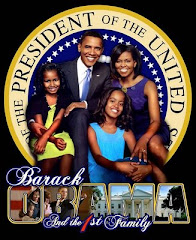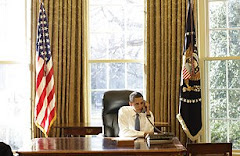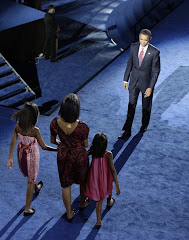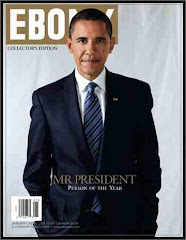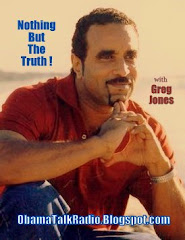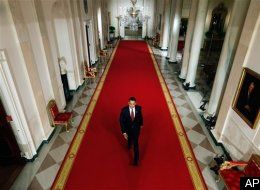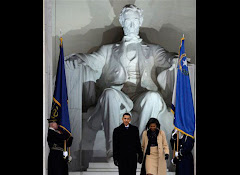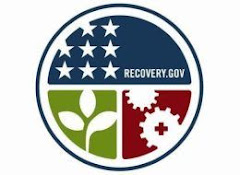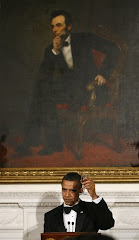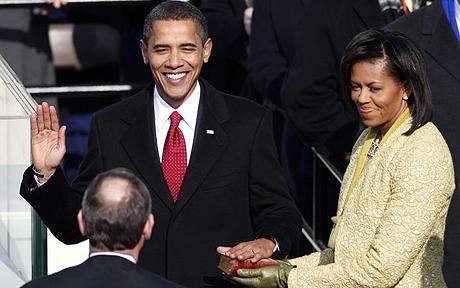
Fundamentally flawed stimulus coverage !
(B4B NOTE: AKA....More Mis-Truths From Our Media)
by Jamison Foser
If there's one fact that should be made clear in every news report about the stimulus package working its way through Congress, it is this: Government spending is stimulative. That's a basic principle of economics, and understanding it is essential to assessing any stimulus package. So it should be an underlying premise of the media's coverage of the stimulus debate. Unfortunately, that hasn't been the case.
Indeed, reporters routinely suggest that spending is not stimulative. Economist Dean Baker, co-director of the Center for Economic and Policy Research, explains: "Spending that is not stimulus is like cash that is not money. Spending is stimulus, spending is stimulus. Any spending will generate jobs. It is that simple. ... Any reporter who does not understand this fact has no business reporting on the economy." Unfortunately, many of the reporters who have shaped the stimulus debate don't seem to understand that. ABC's Charles Gibson portrayed spending and stimulus as opposing concepts in a question to President Obama: "And as you know, there's a lot of people in the public, a lot of members of Congress who think this is pork-stuffed and that it really doesn't stimulate. A lot of people have said it's a spending bill and not a stimulus." That formulation -- "it's a spending bill and not a stimulus" -- is complete nonsense; it's like saying, "This is a hot fudge sundae, not a dessert."
But nonsensical as it is, it has also been quite common in recent news reports. There's another problem with Gibson's formulation, though -- in describing the stimulus as a "spending bill," he ignores the fact that the bill contains tax cuts, too. Lots and lots of tax cuts. And those tax cuts, by the way, provide less stimulus than government spending on things like food stamps and extending unemployment benefits. It probably goes without saying that Gibson didn't ask if the bill would be more effective if the tax cuts were replaced by additional spending. MSNBC's Mika Brzezinski, among others, has repeatedly suggested "welfare" provisions in the bill wouldn't stimulate the economy.
This is the exact opposite of true; those provisions are among the most stimulative things the government can possibly do. There are some fairly obvious reasons why that is true, beginning with the fact that if you give a poor person $100 in food stamps, you can be pretty sure they're going to spend all $100 of it; but if you give a rich person $100 in tax cuts, they probably won't spend much of it at all. But we needn't rely on logic and common sense to know that welfare spending is stimulative; economists study these things. One such economist is Mark Zandi of Moody's Economy.com, who served as an adviser to John McCain's presidential campaign. Zandi has produced a handy chart showing how much a variety of spending increases and tax cuts would stimulate the economy.
According to Zandi, a dollar spent on increasing unemployment benefits yields $1.64 in increased gross domestic product, and a dollar spent on food stamps yields $1.73 in GDP. As for tax cuts, Zandi says the most effective form is a payroll tax holiday. A one dollar reduction in federal revenues as a result of such a tax holiday would produce a $1.29 increase in GDP -- far less than the benefit realized from extending unemployment benefits, increasing food stamps, providing general aid to state governments, or spending on infrastructure. Yet if you turn on MSNBC any given morning, you're likely to find Mika Brzezinski sayingthis: "Does this plan add up to the definition of stimulus? I don't think it does. And I don't question the value of food stamps and helping low-income people pay for college. It just shouldn't be in this bill."
Or this: "If you're gonna have welfare programs in this bill, call them welfare programs and pass them, but don't call them facets of the bill meant to stimulate the economy. I do feel like there's some old politics at play here." something like, "I want to look at the plan and how much of it is sort of welfare programs and how much are things that we know, either from history or because economic experts somehow know this, actually stimulates the economy." Or like There's old politics at play, all right -- the old politics of demonizing "welfare spending" without any regard for the simple truth that such spending not only helps those Americans who are struggling the most feed their families, it also does more to stimulate the economy than anything else you can think of.
What you probably won't see is Mika Brzezinski or Charles Gibson or any other TV reporter suggesting that the tax cuts in the bill are not stimulative and should be stripped -- even though they are less effective as stimulus than unemployment benefits and food stamps. At this point, it becomes impossible to ignore the elephant in the room: Television anchors like Charles Gibson are not going to qualify for food stamps anytime soon. But they would certainly benefit greatly from some tax cut provisions that wouldn't do nearly as much to stimulate the economy. (This is not the first time Gibson has shown himself to be badly out of touch on basic economic issues.
During a Democratic presidential primary debate, Gibson challenged the candidates on their support for repealing President Bush's tax cuts for people making more than $200,000 a year by saying that a family in which both parents are schoolteachers would be hit by the repeal. Gibson's cluelessness was so apparent, the audience actually burst out laughing at him.) So far, the news media's coverage of the stimulus debate has consisted largely of repeating false Republican spin and pontificating about which side has been making their arguments more successfully (all the while ignoring the media's own role in aiding the GOP.) The bright side is that if reporters care about informing the public, it's pretty easy to do -- they just have to start basing their reports on the true premise that government spending is effective stimulus, rather than on the false premise that it isn't.
Everything else flows easily from there; for example, asking Republicans why they want to lard up the bill with less-stimulative tax cuts rather than unemployment benefits.
Jamison Foser is Executive Vice President at Media Matters for America.
B4B
